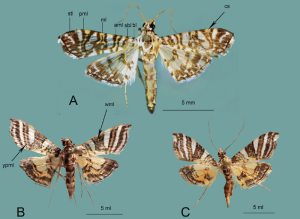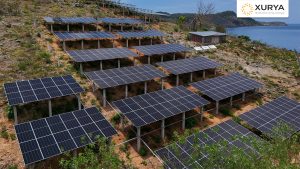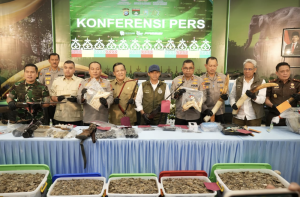As the Philippines faces the growing need for affordable, sustainable, and resilient energy, the international environmental law charity is proud to have been invited to contribute to the country’s energy transformation. With a series of initiatives launched throughout 2023 and 2025, ClientEarth is helping the country navigate the legal and institutional challenges of shifting from fossil fuels to renewable energy.
From legal advice on transmission systems and offshore wind to co-developing transparency toolkits with national regulators, ClientEarth’s work highlights a critical truth: the clean energy transition is not only about technology—it’s about governance, law, and accountability.
A pivotal moment for the Philippines
The Philippines is at a crossroads. The country has significant renewable energy potential, particularly in offshore wind, with estimates from the World Bank suggesting a technical potential of 178 GW—over six times the country’s current power generation capacity. The Philippines also faces urgent climate, economic, and energy security pressures to move away from fossil fuel dependence.
However, achieving this transformation requires more than setting targets. It demands reforming regulatory frameworks, strengthening institutional capacities, and ensuring meaningful public and civil society engagement in policy implementation.
That’s where ClientEarth has focused its efforts: supporting a just, inclusive, and legally sound transition that aligns with the Philippines’ development goals and climate commitments.
Engaging with policymakers: Unlocking renewable energy through law
In September 2023, ClientEarth held a series of high-level meetings in the Philippines with energy policymakers and civil society organisations. Partnering with climate analytics NGO TransitionZero, the team provided legal, technical, and policy insights into how the country can accelerate its renewable energy rollout.
The discussions emphasised several points. These include the fact that energy transition is feasible, legal clarity is essential and civil societies play a crucial role.
Offshore wind and transmission: Building a legal foundation for integration
To fully realise its offshore wind potential, the Philippines would benefit from modernising transmission planning, delivery, and governance. Recognising this, ClientEarth led two learning sessions in 2025 in collaboration with the Philippine Competition Commission (PCC) and other agencies.
These sessions tackled two major themes: offshore wind project lifecycle and transmission regulations and reforms.
The sessions discussed the full chain of offshore wind development and highlighted the importance of clear, coordinated regulations to avoid costly delays and regulatory mismatches. Transmission capacity also remains a material constraint on renewable integration.
Through these sessions, ClientEarth emphasised the interdependence of legal design and infrastructure development. Without a regulatory environment that encourages investment, protects communities, and ensures grid readiness, the Philippines risks missing out on its vast renewable potential.
Transparency in procurement: Launching the power supply procurement (PSP) toolkit
In July 2025, ClientEarth reached another milestone in supporting the Philippine energy transition: the co-launch of the PSP Toolkit in partnership with the Energy Regulatory Commission (ERC) and USAID.
Designed to enhance transparency, accountability, and public confidence in how electricity is procured, the toolkit is a comprehensive resource for distribution utilities (DUs) and regulators overseeing competitive selection processes (CSPs) and power supply agreements (PSAs).
ClientEarth sees this as a significant step in institutionalising good governance in the energy sector. Transparent procurement leads to better pricing, reduces corruption risks, builds public trust, and levels the playing field so renewables compete fairly with conventional sources —factors essential for scaling up clean energy.
A model for regional reform
While the primary focus is the Philippines, ClientEarth’s initiatives surface approaches that can travel across Southeast Asia, where updating legal frameworks, strengthening enforcement, diversifying sector governance, and expanding grid capability are common priorities. ClientEarth is demonstrating how legal systems can be redesigned to serve the public interest in a low-carbon future.
Their work also highlights the importance of collaboration between national regulators, civil society, and international legal experts. True energy transition requires not only new technologies but also legal creativity, public engagement, and institutional resilience.
Law as a lever for change
The Philippines has set its sights on a clean energy future, and the path ahead is complex but full of potential. With the right legal tools, transparent processes, and inclusive governance, the country can unlock vast renewable resources, reduce its reliance on fossil fuels, and build a fairer energy system for all.
By focusing on the rule of law, participation, and equity, ClientEarth is helping ensure that the transition doesn’t just happen—but happens right.
This article is published in cooperation with ClientEarth. https://www.clientearth.asia/
Banner photo: Image generated by OpenAI’s DALL·E via ChatGPT (2024)















